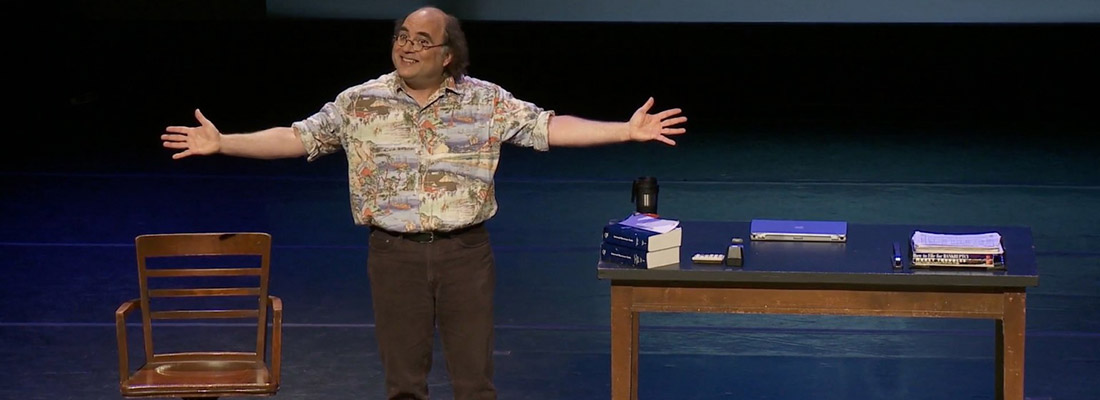If I could bring back those I love who have died, I would. If I could save those I love who are sick, I would.
But I can’t.
What I can do is express my love to those I love.
Is it foolish to assert that I love humanity?
A voice in my head says, “Yes, you’re a fool. ‘Humanity’ is an abstraction. Maybe you love the idea of loving all humanity. Perhaps you long to see yourself as someone capable of feeling such an all-encompassing love. But the real you is infinitely more parochial. You love your family, your friends, sometimes even yourself. All else is a beautiful coat you are trying to wear, which does not belong to you, does not fit you, and looks ridiculous on you.”
And yet I’m telling you, here, that I love the miraculous temporary rebukes to entropy that people are. (Is such a love even part of what makes me human?) I feel that love so strongly that I am compelled to enter a new world of partial strangeness, so that I may try to become, at least in part, a stranger to the complacent me, to the passive me.
I read about Pinchas, in the heat of his righteous contempt, committing horrible murders — and about this character, “God,” rewarding Pinchas for these acts — and I think to myself, “That’s not me; that’s the Other.” But this new-ish, strange-ish, Jew-ish me suspects that my response cannot end there, in complacency and passivity. That might make me feel better about myself, for a while, but it will not make life better for those I love. Whereas to engage with the story — to seek to draw meaning from it — may, just may, point a modest way forward.
If I do not love Pinchas, does that make me Pinchas? In faith, I don’t yet know.

